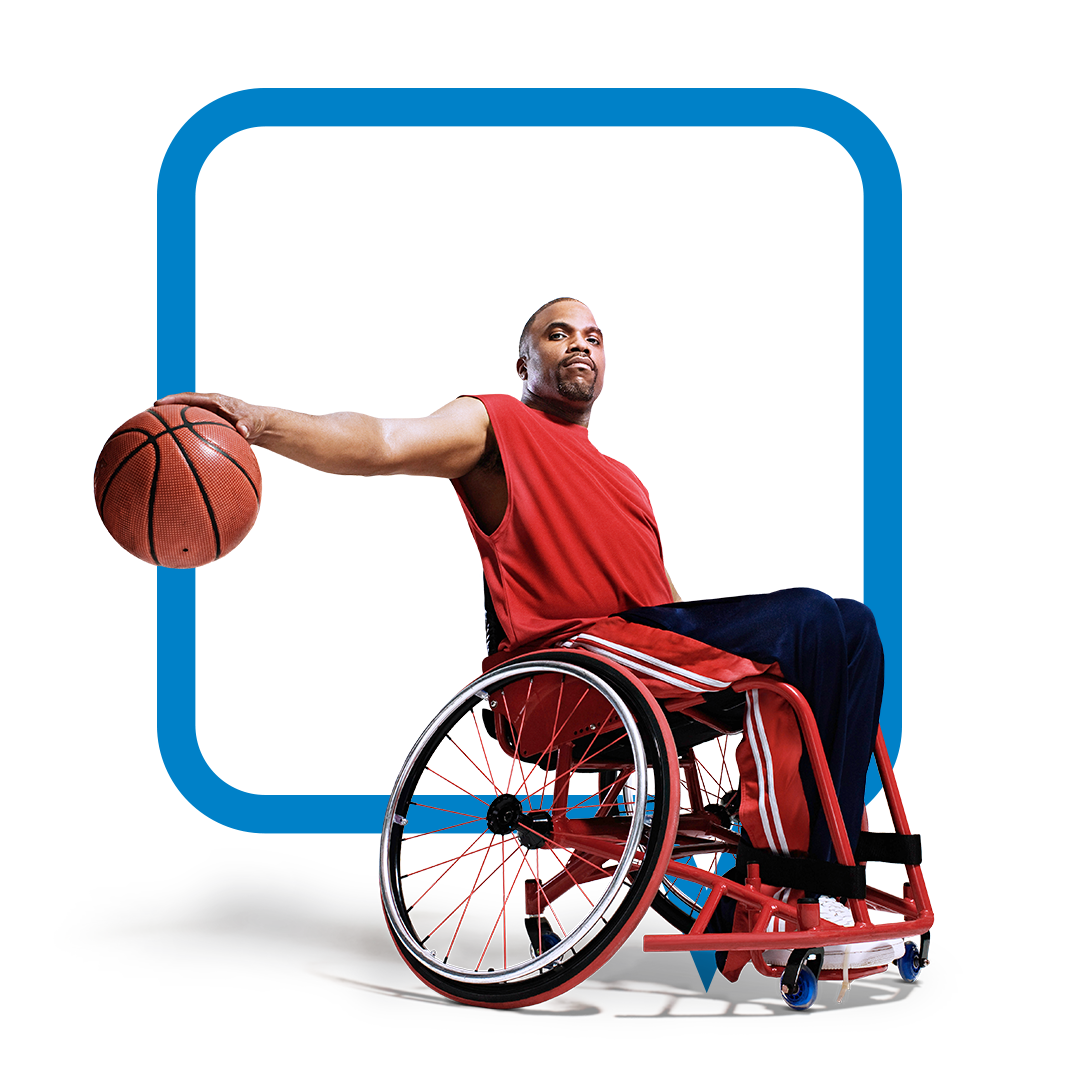Why should the Olympic Games be hosted in Berlin, 100 years after the 1936 Games?
To date, no decision has been made as to whether Germany will bid for the 2036 Olympic and Paralympic Games. However, the 2036 Games will be the next Summer Games to be awarded. As such, that particular year keeps popping up in discussions, which is understandable. The question at hand: Of all years, why 2036 – 100 years after the Games in Nazi Germany?
On the 100th anniversary of the Garmisch-Partenkirchen and Berlin Games, German sports must take a critical look at this historic event in a way that goes far beyond the realm of sports – no matter where the 2036 Olympic and Paralympic Games are held.
Together with you, we want to discuss whether the 2036 Games would represent an opportunity for Germany or whether they would be too much of a challenge. The results of this exchange will be instrumental in answering the question for which Games edition Germany should bid – and whether there is an opportunity to host the freest and most inclusive Games in the history of the Olympics 100 years after the most excluding Games.
How should we deal with the 1936 Games?
The 1936 Olympic Games in Berlin and the Winter Games in Garmisch-Partenkirchen left an unfortunate legacy. Given the historical context, it is important to look at the issue with sensitivity and critical awareness. Addressing it requires ongoing reflection and adaptation.
The DOSB’s top priority is to enter into an open dialogue with international partners and organisations at an early stage, and to listen, discuss, and reflect on the different points of view concerning the 1936 Olympic Games.
Nur der Austausch von Informationen und Erfahrungen kann zu einem umfassenderen Verständnis beitragen. This open exchange of experiences and viewpoints is the only way to contribute to a more comprehensive understandingof the historical facts and the political context of the 1936 Games. Educational and awareness-raising activities, memorials, museums, and exhibitions can help to preserve history and educate visitors on the events that took place.
How did the 1972 Olympic and Paralympic Games benefit Munich?
The 1972 Olympic and Paralympic Games in Munich took place 36 years after the Games in Berlin and Garmisch-Partenkirchen. They were meant to be a symbol of peace and light-heartedness and to free Germany from its association with the gigantism and marginalisation of the 1936 Games.
Munich enjoyed long-term international fame thanks to the Olympic Games. Up to this day, the city is reaping the benefits from hosting the Games. It is impossible to imagine Munich’s skyline without the Olympic Stadium’s tented roof. The site and the surrounding Olympic Park is still used today for cultural and sporting events and otherwise serves as a recreational area in the middle of the city for the residents of Munich. Similarly, the city continues to benefit from the Olympic Village, which was converted into apartments after the Games. Nowadays, students make up the majority of its residents The Olympics also played a significant role in the expansion of the commuter train and subway system within Munich – for example, an Olympic line was created to transport the masses to the competition venues, and it is still operational today.
However, a dark cloud still hovers over the Munich Olympic Games. They provided the stage for a terrible terrorist attack , which took place before the eyes of the world. Members of the Palestinian “Black September” terrorist organisation invaded the Olympic Village on 5 September 1972 and took Israeli athletes hostage. All nine hostages were ultimately murdered. An errant bullet also killed a Bavarian police officer. Five of the assassins were also killed, and three were arrested.
Therefore, the legacy of the 1972 Games remains tainted. There are both the memories of the horrific assassinations, but there is also the accelerating effect of the Games that helped Munich develop into a metropolis.
How will young people benefit from the Olympics?
When we refer to the Olympic and Paralympic Games of 2036/2042, we are talking about aseemingly distant future. That is why it is even more important to think about those who will be participating in the Games for the first time or experiencing them as spectators for the first time when the time finally arrives.
The Olympic and Paralympic Games can provide sports-related inspiration and be an emotional driving force for young people. They can ignite enthusiasm for sports and foster a desire to exercise, they can even provide the aspiration for young athletes to work towards participating in the Games themselves.
And even if they don’t aim to participate in the Games themselves, they will definitely benefit from the modernised sports and other infrastructure that hosting the Games brings with it.
What will the Olympic Games of the future look like?
Are the Olympic Games still in keeping with the times, are they still appealing to young people? What will they have to look like to remain of interest to young people? These are just a fewof the questions we would like to discuss with you. How will the Games become your Games in the future? Join the conversation here.





 Your Ideas
Your Ideas 



